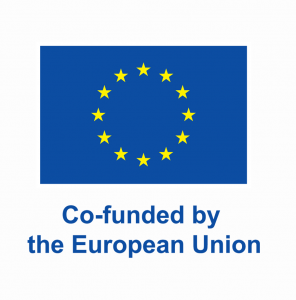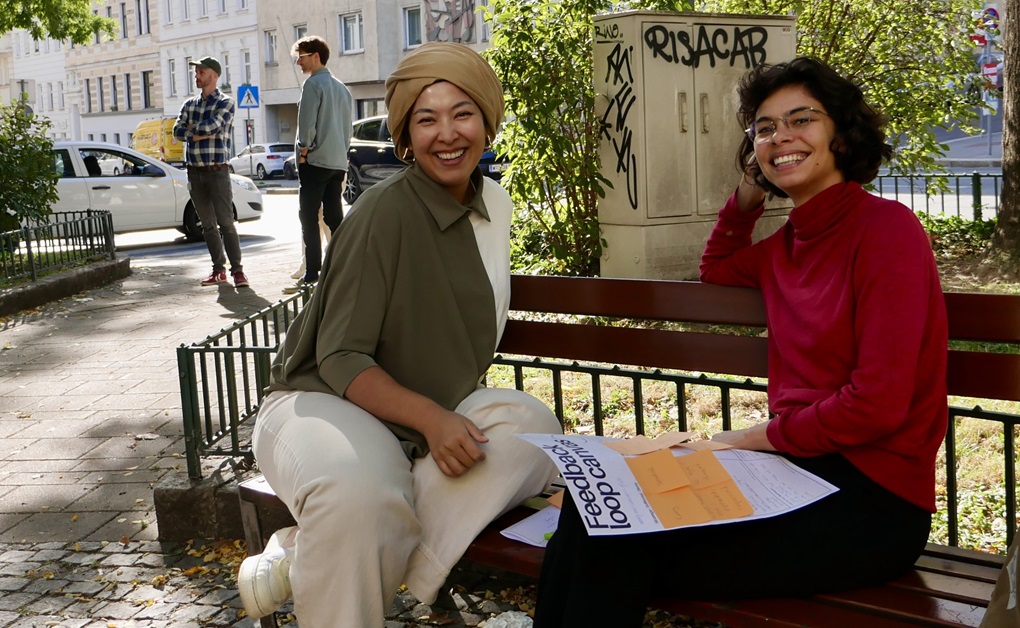This article was written by Karakaya Talks and lightly edited for length and clarity by IPI. Receive regular updates on IPI’s innovation and media sustainability work by subscribing to our newsletter, The Outlook: Media Innovation Unlocked.
At Karakaya Talks, a Berlin-based news organization that produces video content for Gen Zs and millennials of colour in Germany, we’ve been on a unique journey over the past six months as part of IPI’s New Media Incubator. We entered the program with a goal in mind: exploring the world of newsletters as an additional avenue for impactful journalism and a potential new revenue model.
Our foray into newsletters began as an exciting new endeavour, driven by the aspiration to engage more intimately and directly with our audience. While this venture opened up new avenues for connection and dialogue, it also brought to light a significant challenge: the substantial resources and focus it required.
As we delved deeper, we realized that this new path was demanding a considerable amount of our time and energy, inadvertently diverting our attention from our mainstay: video content. This realization was pivotal. It taught us invaluable lessons about the importance of balancing new initiatives with our core strengths. Ultimately, it led us to make a strategic decision to pivot back our focus to video content, ensuring we continue to deliver the impactful storytelling that defines Karakaya Talks.
>> Check the Karakaya Talks website here
Doubling down on video
Video content has always been our strongest means of connection with our audience, enabling us to share relevant stories in a way that’s both engaging and accessible.
Recognizing this, we aimed to scale our partnerships in the video domain, believing it to be a key strategy for financial growth. We sought out collaborators who aligned with our vision and values, focusing not just on broadening our reach, but on crafting content that remained faithful to our mission.
However, this strategy brought an unexpected insight. As we expanded our partnerships, we noticed a delicate balance starting to tip.
The more we pursued these collaborations for revenue, the more we risked diluting the trust and credibility we had worked so hard to build with our community. This was a crucial moment of realization for us. It led us to reassess our approach and pivot towards developing a B2B model. This new direction, still in its early stages, represents our commitment to maintain the integrity of our content and the trust of our audience, while exploring sustainable business solutions.
Agility as a media startup
Reflecting on the past six months with Karakaya Talks as part of IPI’s New Media Incubator brings to mind a familiar challenge we’ve faced since our inception: the need for rapid adjustment. This journey has been a dynamic exercise in agility, consistently testing our ability to pivot quickly in response to changing circumstances.
This approach has been both demanding and exhilarating, enabling us to swiftly discard strategies that didn’t align with our goals or values. Adaptability has not just been a choice but a necessity for our survival and growth.
Our journey of quick adaptation takes on new significance with the recent announcement of Instagram’s ‘political ban’, which threatens to severely limit news content like ours.
This development reinforces the importance of our ability to be nimble and responsive to external changes. It seems we’ll need to continue exercising this ‘quick adjustment muscle’, possibly more than ever before. In light of these new challenges, exploring B2B models appears to be a prudent path forward. Not only would this approach help us navigate the restrictions posed by platforms like Instagram, but it would also provide a more stable foundation for our financial security. As we move forward, we are reminded that our journey is as much about resilience and adaptation as it is about storytelling and empowerment.

Karakaya Talks was one of the participants in IPI’s New Media Incubator, part of the Media Innovation Europe (MIE) project, co-funded by the European Commission. The programme is led by the International Press Institute, implemented in collaboration with Thomson Media, the Media Development Foundation and BIRN.
